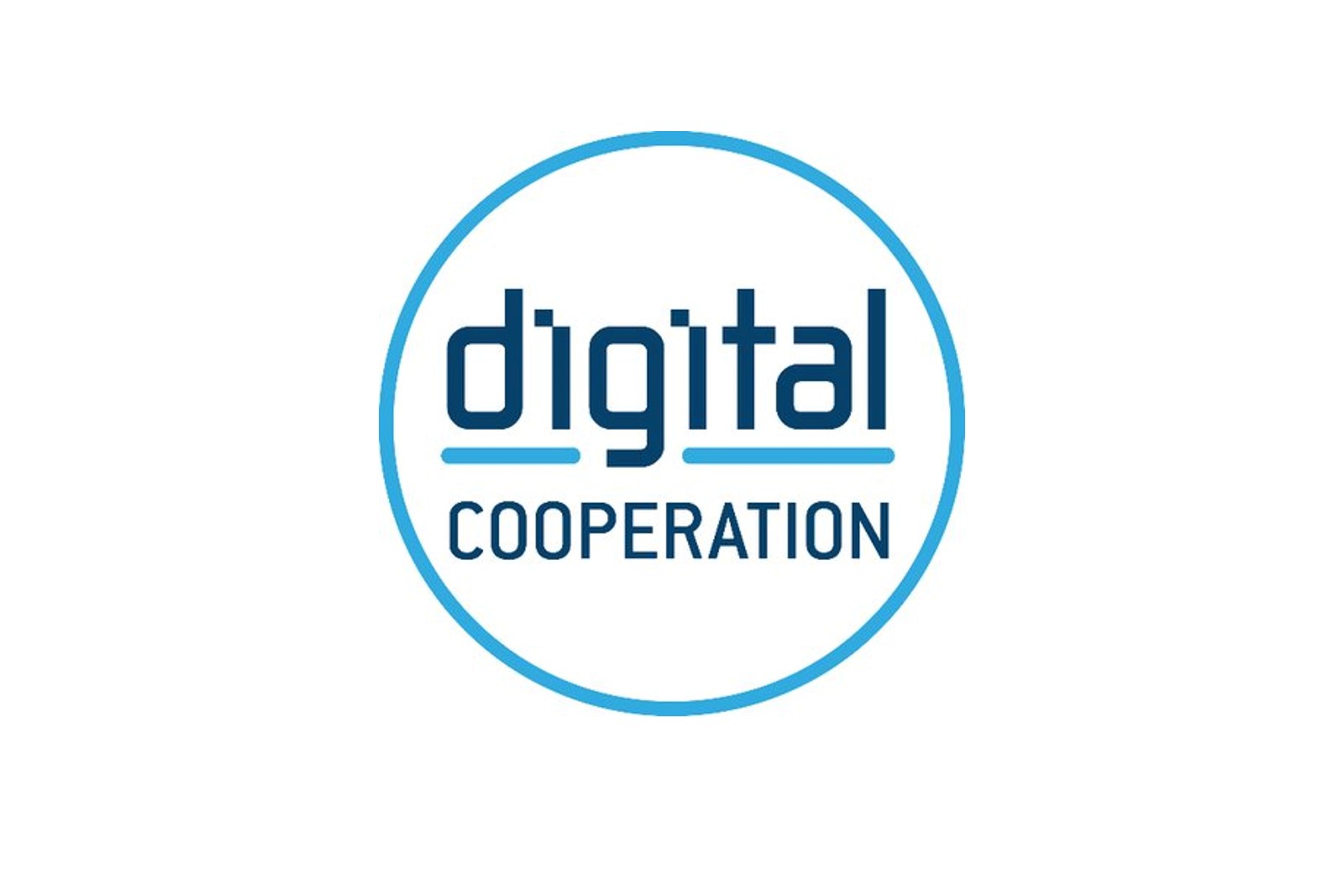Digital technology powers every aspect of business, society and our individual lives: from improving education and healthcare to advancing agriculture, from creating jobs to enhancing environmental sustainability. It keeps us informed, connected, entertained and inspired; opening the doors to an ever-bigger world of opportunity. At the same time, technology can act as a great equalizer, especially when it comes to online risk. Cyber-threats know no borders, nationality, size or wealth. That makes the challenges posed by them inherently and inescapably shared responsibilities.
It is against this backdrop that the Cybersecurity Tech Accord signatories have been excited to learn about the establishment of the UN’s new High Level Panel on Digital Cooperation. While the Panel has a broad mandate to engage on a variety of issues at the intersection of technology and society, we hope that some of its focus will be on cybersecurity. With that in mind, the group has responded to its call for comments issued earlier this year. We hope that our response helps provide a technology industry perspective on the questions posed, highlighting the insights of both large multinationals and smaller companies, and serves as a starting point for further collaboration on these dynamic challenges.
Perhaps unsurprisingly, in our response we encourage the Panel to adopt the same principles for its work, and as part of its proposals, that bind the Cybersecurity Tech Accord signatories together:
- protections for technology users,
- opposition to cyberattacks anywhere,
- empowering users to defend themselves, and
- working together to address challenges.
We believe that these foundational commitments should not be limited to the technology industry, but also define the efforts of governments and civil society organizations in addressing cybersecurity challenges. The Panel has a unique opportunity to pull together these partners and to marshal their attention on critical issues, including cybersecurity and cyberwarfare.
In fact, when it comes to cybersecurity, a central challenge is the lack of trust and cooperation across different stakeholder groups, which hinders progress in this space. More than any other issue in the digital world, cybersecurity is cross-cutting: it affects all aspects of the online environment, and every individual and organization that relies on it. Therefore, for cybersecurity initiatives to be effective, they should be developed in an inclusive process with a broad set of stakeholders, including from the private sector and civil society. Their various perspectives and expertise would add value to the process and the eventual outcome of any new initiatives.
In addition, our response to the Panel directs its attention to the recently signed Paris Call for Trust and Security in Cyberspace as an example of a multi-stakeholder approach at work. With more than 55 government signatories and over 350 other signatories from industry and civil society organizations, the Paris Call brings together a remarkable coalition around a robust and important set of cybersecurity principles. These include protections for civilians and critical infrastructure from cyberattack, as well as for electoral systems and the public core of the internet. These are key tenants that should continue to be at the heart of multi-stakeholder collaborations on issues related to technology and cyberspace, including the work of the Panel.
The Cybersecurity Tech Accord signatories wholeheartedly welcome The UN High Level Panel on Digital Cooperation as it begins to undertake its work, joining the growing number of international organizations committed to collaboration on these important issues. We look forward to additional opportunities to work together and learn from one another moving forward.

